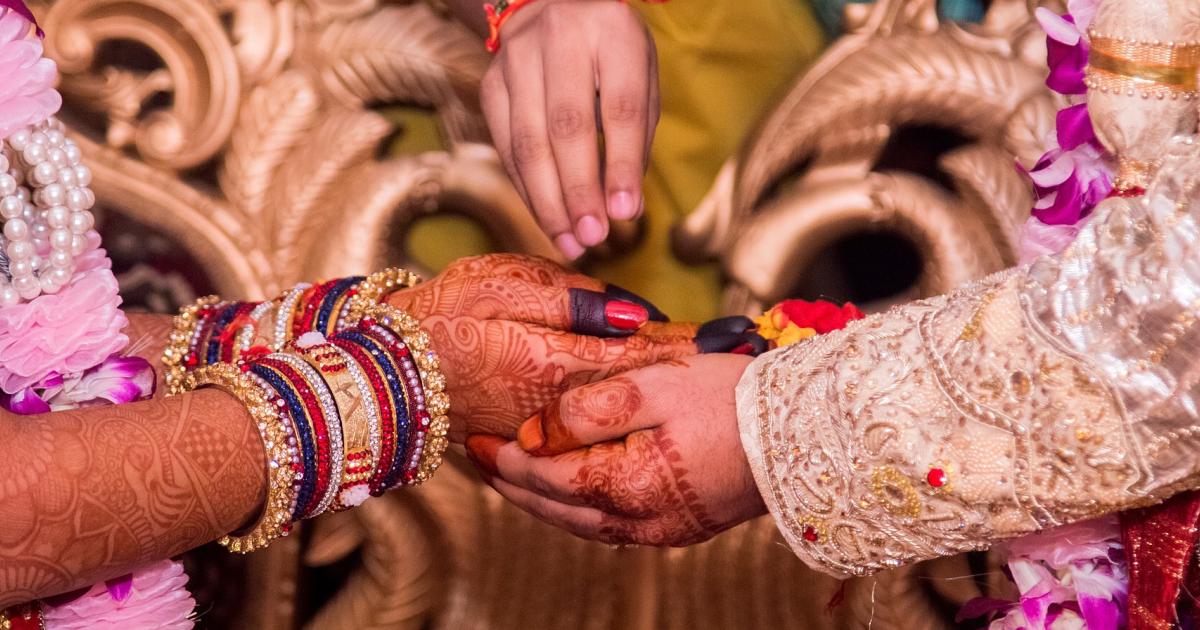Rahul Gandhi, leader of the Indian National Congress, has appealed his conviction in a criminal defamation case in which he accused the ruling party, Bharatiya Janata Party (BJP), of corruption. Gandhi had accused BJP President Amit Shah of using a company owned by his son to convert black money into white. Gandhi’s comments were made at a rally in 2014, during the national election campaign.
The case was filed by a member of the BJP, Subramanian Swamy, who argued that Gandhi’s remarks defamed him and violated the Indian Penal Code. In 2019, Gandhi was convicted and sentenced to a fine of INR 10,000 (approximately $135).
Gandhi has now appealed the conviction in the Supreme Court, arguing that he cannot be held for criminal defamation for expressing his opinion. He has also said that he did not intend to harm anyone’s reputation, and that he was simply exercising his right to freedom of expression.
In his plea, Gandhi argued that he was making a political statement and that his remarks were protected under the principles of free speech. He also claimed that the trial court had failed to appreciate the distinction between criticism and defamation.
Gandhi’s appeal has been supported by several opposition leaders, who have argued that the conviction is an attack on free speech and an attempt by the ruling party to silence opposition. Mallikarjun Kharge, a senior Congress leader, has accused the BJP of disqualifying Gandhi in “lightning speed,” demonstrating their desire to suppress their opponents.
The case has sparked a wider debate about the implications of criminal defamation laws in India. Critics say that the laws are being used increasingly to silence critics and stifle dissent. The defamation laws in India are some of the strictest in the world, with up to two years in prison as punishment for conviction.
The case also highlights the intense political rivalry between the Congress and the BJP. The two parties have been locked in a bitter struggle for power for several decades, with both sides accusing the other of corruption and mismanagement.
Some commentators argue that Gandhi’s appeal is an attempt to gain sympathy and support from the public ahead of upcoming state elections. The Congress party has been struggling to regain power at the national level, with the BJP dominating politics since 2014.
Overall, the appeal by Rahul Gandhi is likely to keep the political fight alive between the Congress and the BJP. It will also raise important questions about free speech and the role of defamation laws in a democratic society.


